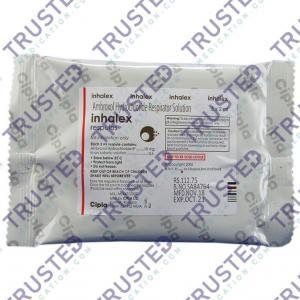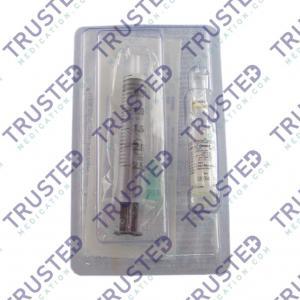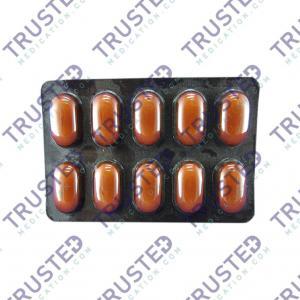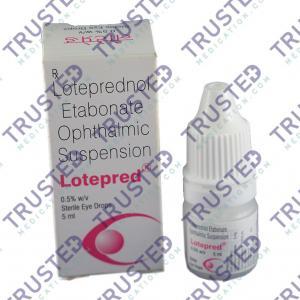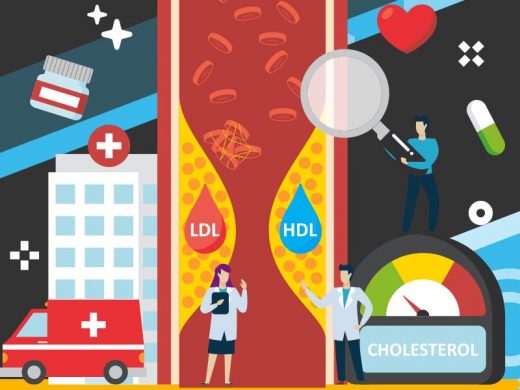
Blood clots are semi-solid masses of blood that can be stationary and block blood flow or break loose. It travels to various parts of the body. Blood clots can be life-threatening depending on their location and severity.
Blood clots are gel-like clumps of blood. They are beneficial when they form in response to an injury or a cut, plugging the injured blood vessel, which stops bleeding.
Some blood clots form inside your veins without a good reason and don’t dissolve naturally. These may require medical attention, especially if they are in your legs or are in more critical locations, such as your lungs and brain. Several conditions can cause this type of blood clot.
Symptoms of Blood Clot
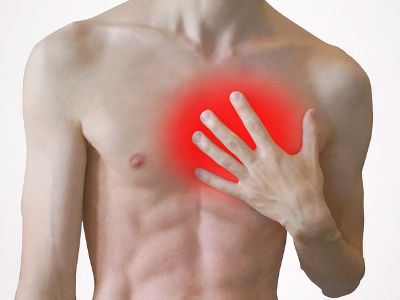
- Swelling
- Pain and tenderness
- Warm sensation
- Reddish discoloration
Symptoms of a blood clot in the heart:
- Shortness of breath
- Chest pain
- Lightheadedness
- Pain in the arm, neck, back, or jaw
- Heartburn and sweating
- Nausea and racing heartbeat
Symptoms of a blood clot in the abdomen:
- Severe abdominal pain
- Vomiting and nausea
- Diarrhea and blood stools
- Swelling in the abdomen and bloating
- Abdominal fluid accumulation
Symptoms of a blood clot in the brain:
- Numbness or weakness in the arm, leg, and face
- Paralysis
- Trouble speaking or understanding others
- Confusion and lack of responsiveness
- Behavioral changes and agitation
- vision problems
- Loss of balance or coordination
- Dizziness and severe headache
- Nausea and vomiting seizures
Types of Blood Clot
- Venous clot. It occurs in a vein is called a venous embolism. These types of clots may build up more slowly over time, but they can still be life-threatening
- Arterial clot. It occurs in an artery or known as an arterial embolism. This type of clot causes symptoms immediately. Seek emergency treatment as soon as possible.
What are the Causes and Risk Factors of Blood Clot?

- Immobility or lack of movement
- Broken bone or injury
- Family history of a blood clot and other genetic disorder
- Autoimmune disorder and obesity
The Risk Factors of Blood Clot
- Age and weight
- Lengthy travel or sitting more than four hours
- Bed rest or sedentary for long periods
- Pregnancy, cancer, and smoking
- Birth control and hormone therapy medications
How to Diagnose Blood Clots?
Doctors use a variety of tests to determine blood clots. It includes:
- Blood tests can
- Ultrasound
- CT scan of the head, abdomen, or chest
- Magnetic resonance angiography (MRA)
- V/Q scans test circulation of air and blood in the lungs
Treatment for Blood Clots
Anticoagulants are medicines that prevent and treat blood from clotting. It can also reduce the chances of clot blood traveling into vital organs of the body. It works by breaking up blood clots in your blood vessels, heart, and brain.



